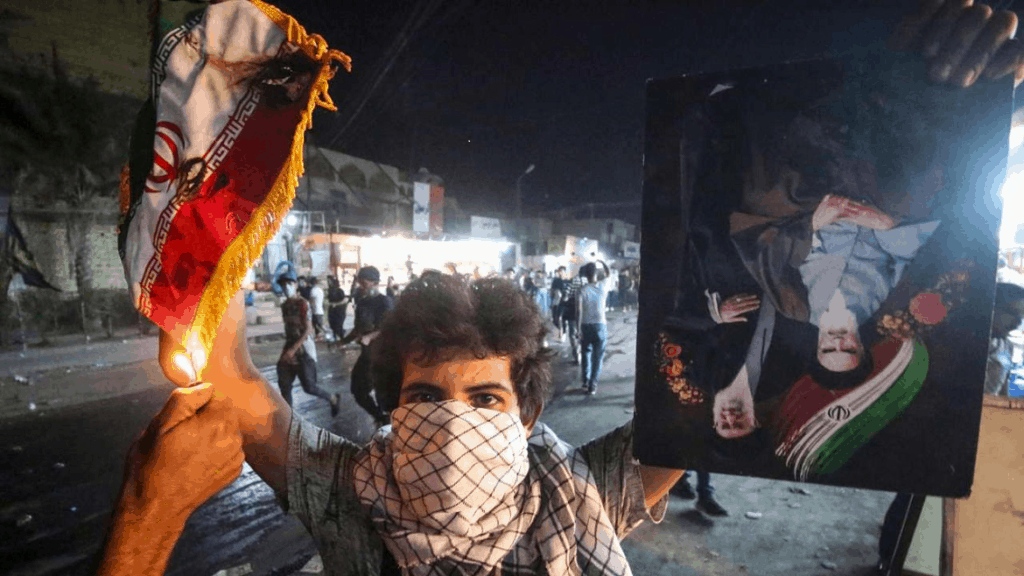By Denis Korkodinov
Protests in Iraq adversely affect Tehran’s efforts to create the so-called Shiite belt in the Middle East. Pursuing the goal of extending its influence to official Baghdad, Iran, apparently, ignored the internal factor associated with the fact that a number of influential Iraqi groups are opposed to the Ayatollah regime.
The social unrest that engulfed the Iraqi capital has shown that Iran is clearly losing, because it faces a completely atypical manifestation of protest, where the driving force is not the United States, but the common people, tired of poverty and lawlessness. For this reason, there is an extremely high risk that Iraq will be lost for Tehran if it will not be able in the near future to come to an agreement with the protesters and convince them to return home. The use of brute force, in this case, turned out to be a futile event, since this only provoked the protesters to larger-scale actions.
Iraq, along with Libya and a number of other countries where Iranian interests are represented in one way or another, is distinguished by the fact that the previous political system was broken as a result of coups, inter-confessional conflicts and foreign intervention, and a new system was never created. This created the basis for uncertainty in the life of the state, which also had a negative impact on the economic condition of ordinary people. Meanwhile, this state of affairs could not exist for long. In the end, sooner or later, people would be tired of the fact that no one takes into account their interests. For this reason, Iraq has again become the epicenter of the protest movement.
It is worth noting that Baghdad receives the largest income from the sale of oil. However, the people of Iraq are in distress. In addition, there are problems with drinking water, electricity and medicine in the country. Meanwhile, the Iraqi government does not seek to implement a set of at least minimal measures in order to ensure socio-economic stability.
Now the lion’s share of expenses in Baghdad is borne by pro-Iranian forces, including Hashd al-Shaabi. It can be said that only thanks to the Ayatollah regime the Iraqi economy continues to stay afloat. This has irritated the local population, most of which are not related to Iran.
Because of this, the Ayatollah regime has become personified by Iraqi protesters as the main culprit of the economic crisis, if only because pro-Iranian force groups in Iraq live much better than the rest of the country’s population.
(The opinions expressed in this article are solely those of the author and do not necessarily reflect the views of World Geostrategic Insights)







